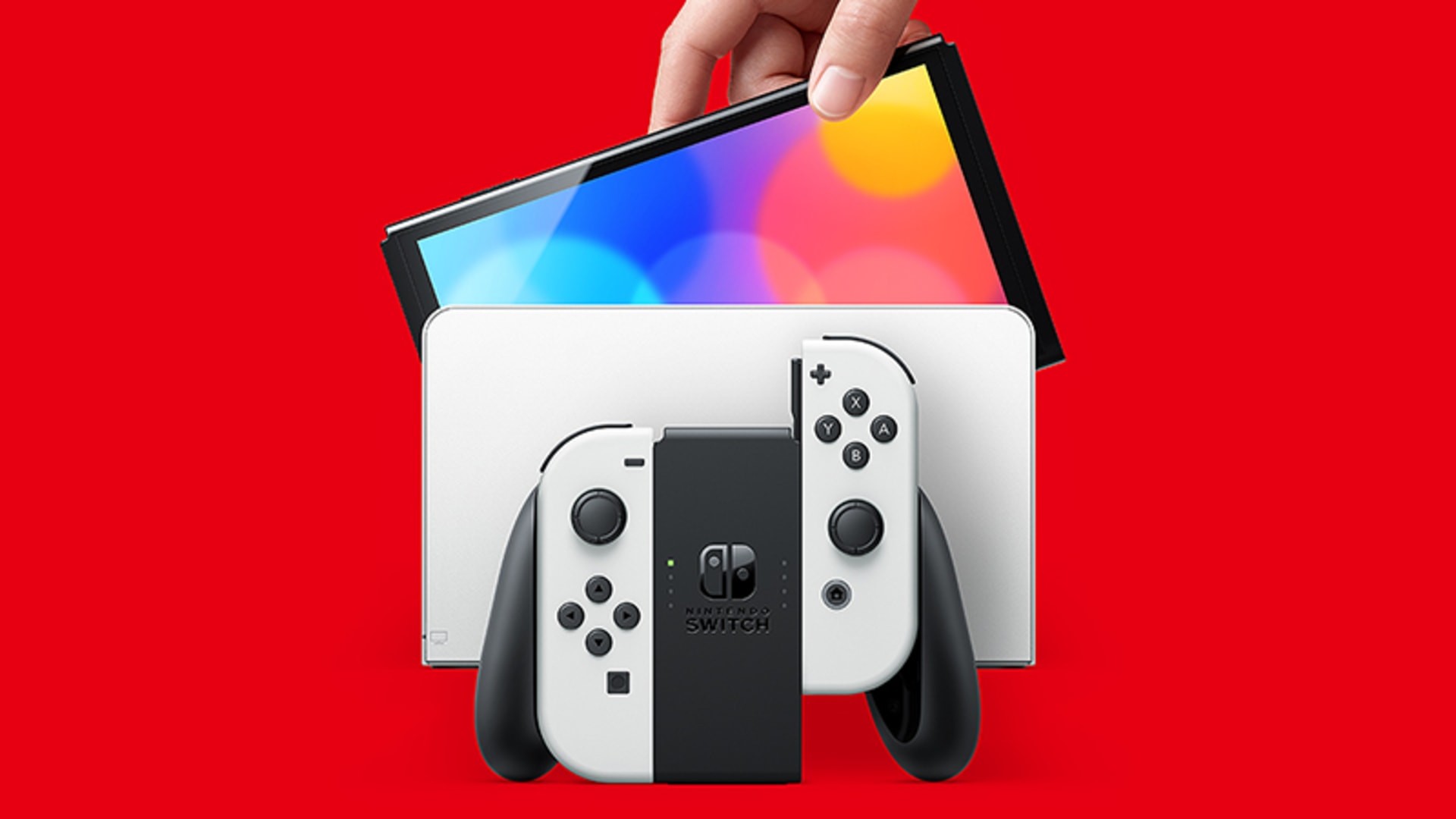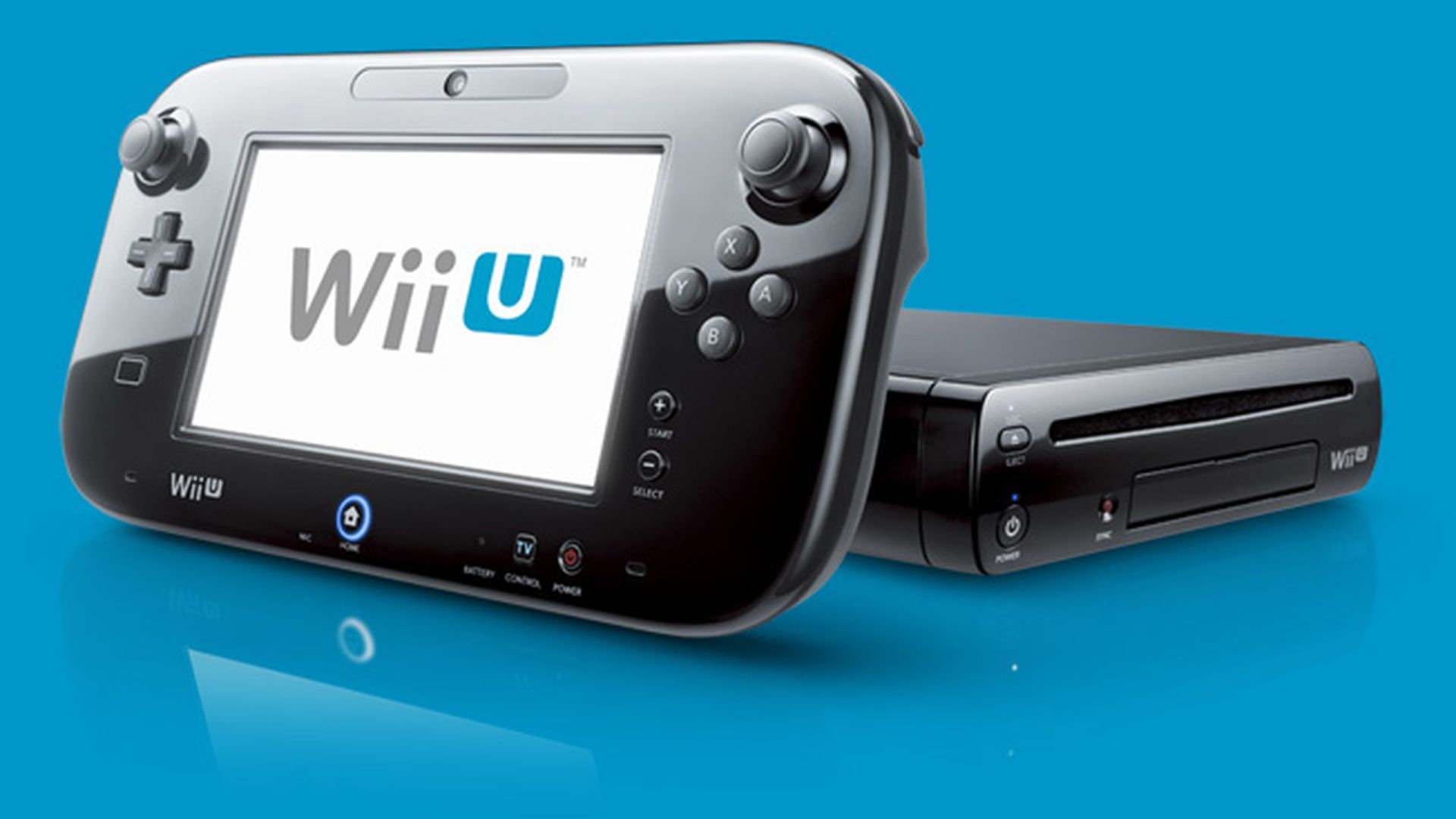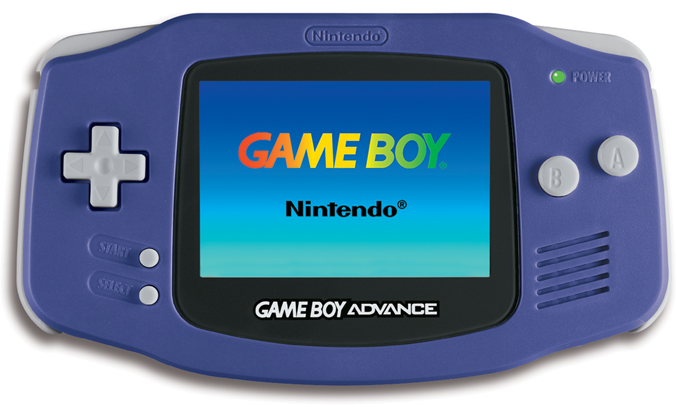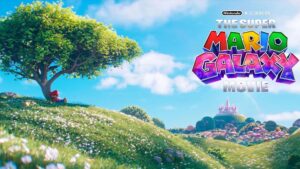
The Nintendo Switch is almost six years old. It feels very odd to say this – it feels like not that long ago that Nintendo was at its lowest ever point in the worst days of the Wii U, driven to the brink of near irrelevance, their hardware and platform abandoned and orphaned by the rest of the industry, their games seemingly relics of their own bubble, increasingly disconnected from everything else. It wasn’t that long ago that we were abuzz with speculation about what the mysterious Nintendo NX might be, and even more recently that we were discussing the prospects of the then just-revealed Nintendo Switch, and how it might fare in what at the time appeared to be the strongest and most stacked competitive landscape Nintendo had ever faced.
At the time, I was among the more positive proponents for the Switch’s success, but even I didn’t foresee the insane runaway hit the platform (and the games on it) would go on to be. The Nintendo Switch is now Nintendo’s highest selling console of all time, en route to being the highest selling system of all time in general (yes, there is a reasonable chance it dethrones the PS2 from the spot it has held for so long); it has ushered in the most profitable period for Nintendo ever (yes, more profitable than even the Wii/DS era); it has seen Nintendo’s creative teams enter a new golden age, with Nintendo’s lineup on the Switch being top tier and industry and generation defining again, whether it be with The Legend of Zelda: Breath of the Wild or Super Mario Odyssey, whether it be the resurgence of Metroid with Metroid Dread, or the long awaited transition to 3D of a beloved franchise with Kirby and the Forgotten Land, whether it be Xenoblade Chronicles 3 or the ambitious Pokemon Legends Arceus – Nintendo games sell tens of millions of units at full price, and most of these games are considered to be, if not the best games in their respective IPs, then at least at the top.
But perhaps even more important than the hardware and software success are the intangibles Nintendo regained with the Switch. For instance, the Nintendo Switch represents Nintendo’s most supported platform by third parties ever, and a lot of the third party relationships that had been severed to almost catastrophic degrees pre-Switch were repaired; third parties supported the Switch, hesitatingly at first, and then increasingly more and more, and the Switch’s third party library is accountable for more than half of all game sales on the platform. This also dispelled a long held myth (only Nintendo games sell on Nintendo hardware), because everything sells on the Switch – and this is a great lead-in to what is probably the single most important point to the Switch’s success, which is just how engaged its user base really is. Almost 120 million people own the Switch, and unlike the Wii, which sold in similar quantities, but saw little use by its buyers after the novelty wore off, and low software sales, people buy things on the Switch. They buy pretty much anything on the Switch, making the Switch one of the most engaged install bases in video game history – which is extremely in terms of securing a long term future for a platform.

Which brings us to our main point of discussion – what will the Switch 2 be?
The Switch represents a unique moment for Nintendo, because they have a platform with a) a lot of hardware units sold b) a lot of games sold c) a lot of third party support d) the largest library for any non-PC platform in sheer numerical terms (the amount of games on the Switch is approaching 10,000) e) tens of millions of paying subscribers to online services f) and extremely high digital adoption rates, all of which imply f) an extremely engaged user base. The most obvious – indeed, the only – smart business move in a scenario like this is to not rock the boat, and to build on the success. Do more of the same, make it better, more powerful, and keep it compatible with the existing platform to the degree possible, to reduce friction and graduate as much of the existing user base to your new platform as you can. This leads to an extremely stable ecosystem with a guaranteed amount of users and third party support – the exact kind of thing Sony has done, for example, with PlayStation consoles, or even Microsoft with Xbox consoles (albeit to a lesser degree). Basically, do a Switch 2.
Nintendo themselves have never really had a platform that had this much going for it in terms of success before, and so it makes sense that they are nervous (by their own admission, as they revealed in a recent investor meeting) about how this upcoming transition will go. Past Nintendo home console transitions have been generally catastrophic for Nintendo – the most memorable instance of this is the Wii to Wii U transition, where Nintendo went from their then single most profitable and highest selling console, to their single worst selling and most loss making console, in the span of six years, but this has always been true (consider the SNES to N64 transition, or the N64 to GameCube transitions, all of which shed tens of millions of users each; hell, even the NES to SNES transition did so, and Nintendo mishandling it allowed Sega the window of opportunity to break Nintendo’s monopoly over the industry, which they would then never regain again. There is historical precedence for Nintendo sucking at this, is what I am trying to say).
A large part of this is that Nintendo seems to treat each console as its own thing, rather than necessarily building on what worked about the previous one. Each new console is a new paradigm, a brand new swerve, which has to appeal to customers from scratch all over again and get them to buy in. Not only is that not necessarily guaranteed (customers might see the value in motion controls, but not in a tablet controller, as one obvious example), but it also has the danger of selling hardware on the basis of novelty, and novelty alone, meaning when that novelty wears off, people get disengaged from the platform – once more, the Wii is our go-to example for this phenomenon.
This strategy also places a burden of uncertainty on third parties. Not only do they have to develop games around entirely new hardware paradigms each generation, throwing out a lot of what may or may not have worked the last time around, but they also don’t know if they can count on an install base to sell their games to between generations, and sometimes even within one; after all, there is a very narrow window available to them between when Nintendo makes the appeal of the system clear to people, who buy the platform, and before the novelty wears off. A lot of the time, it’s better for third parties to simply… wait for the chips to fall before committing to any real or meaningful support. And sometimes, they never do, as happened during the Wii U era.

So Nintendo’s past playbook for generation transitions is clearly ill-suited to the Switch paradigm. But in this case, the playbook is written for them, and success is guaranteed – again, we have almost 30 years of PlayStation history to look at. Simply doing a better version of what people love and want to invest in will get people to buy in, particularly when you back it up with your industry leading first party support on top. Backward compatibility will reduce friction, and further induce upgrades, particularly if existing games see system level enhancements to their performance and visuals, but even if not, and third parties are likelier to stick around when they not only don’t have to throw out everything and start from scratch.
Hell, Nintendo doesn’t even have to look at anyone else here, they themselves have a 40 year hardware line running that they can look to for inspiration. You see, while Nintendo sucks with console transitions, they are actually really good at handling handheld ones. For almost 40 years, they have had a nearly 100 million strong user base for their handheld systems, and with some fluctuations, they’ve been able to maintain that between different generations of their handheld hardware.
That’s because Nintendo handhelds typically build on themselves in meaningful ways with each new platform, which then ensures guaranteed buy-in from third parties and customers, which them perpetuates further support of the platform by those parties, and accelerates success further; each handheld maintains some level of backward compatibility with at least its immediate predecessor (if not more), reducing friction; and even when the handheld systems have gimmicks, they are at least not disruptive for third parties (like with the DS) or easily ignored (like with the 3DS). The formula is right there! Just use that! Hell, the Switch is even a half-handheld, you can just capitalize on that DNA.
So we’ve talked a lot about what the Switch successor should be, but do we have any indication as to what it will be? Well… we don’t. Nothing concrete. We have statements from Nintendo from back when the Switch was going to come out, talking about how they view Switch as a long term platform, that they intend to build on with future hardware, and maintain continuity and compatibility between different generations of; we have Nvidia (the SoC provider for the Switch) talking about how they view the Nintendo partnership as a 20 year thing, indicating that the Switch is going to be the first of many of its kind; we have leaks from Nvidia and Nintendo and third parties, indicating the Switch successor is a simple iteration on the existing Switch, more powerful, better performing, but otherwise more of the same. So far so good, right? That’s exactly what we want!

But every now and then we hear news about how the Switch successor might be deviating from this. For instance, there was a very publicized quote a few months ago about Nintendo’s Shigeru Miyamoto talking about the Switch successor, and not necessarily committing to backward compatibility. Now, while in context, that quote isn’t quite saying what people think it is (Miyamoto was essentially saying that the Switch successor will not be designed around backward compatibility as its central tenet, unlike the Wii U, which was, and which ran into lots of trouble on a hardware, software, and support front as a result), given Nintendo’s wild variability with console transitions, it makes sense that even a quote vaguely alluding to something suboptimal gets a lot of people nervous – especially since this one quote isn’t the only time that has happened (remember Nintendo’s public musings about how they want the Switch successor to be its own thing, and not just a straightforward continuation of the Switch format?). But there is too much concrete information out there (not to mention the basic sense of consolidating development resources across your separate handheld and console systems into one, and not going back on that by splitting them again with something that deviates from that hybrid format) to suspect anything BUT a straightforward Switch 2 right now.
Look, the games industry is unpredictable at the best of times, which these are not, and Nintendo is on a whole different level of unpredictability. It is honestly impossible to say with any level of certainty that the Switch successor will or won’t be something. For all we know, Nintendo decides to make a Virtual Boy 2 for the Switch successor to cash in on the VR craze, who knows? Anything could happen. But right now, based on the concrete facts we have, based on pure common sense, based on historical precedence? There is one very clear direction for Nintendo to go with the Switch successor. And that direction, is Switch 2.
Note: The views expressed in this article are those of the author and do not necessarily represent the views of, and should not be attributed to, GamingBolt as an organization.














